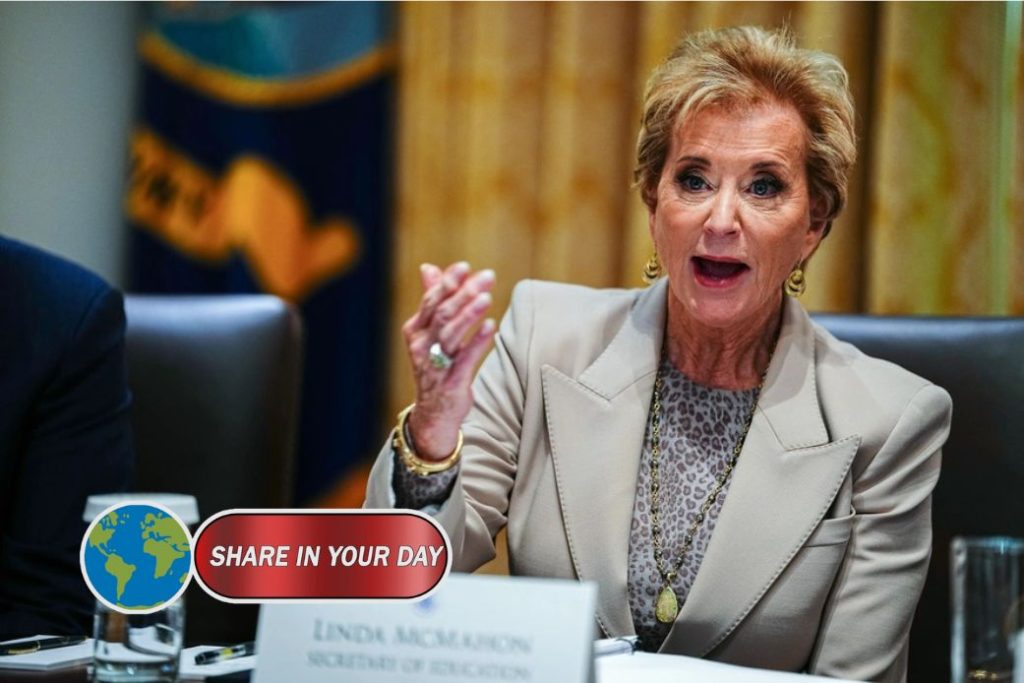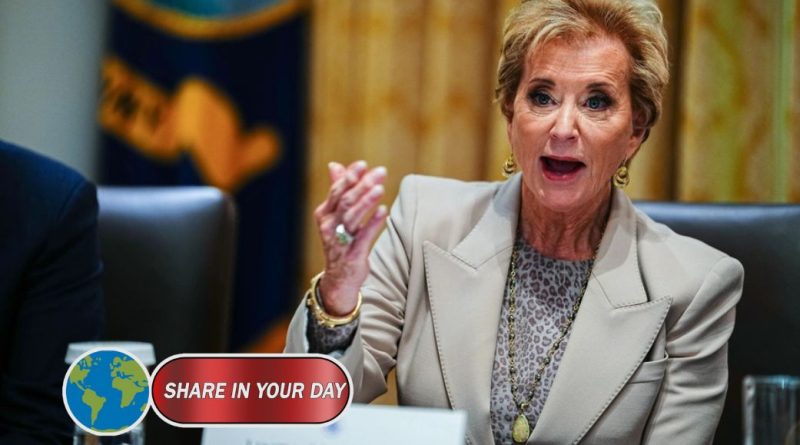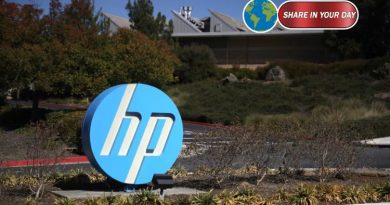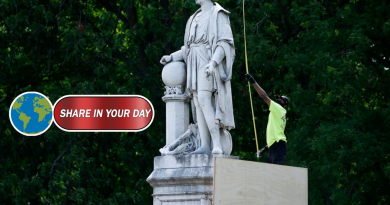Education Department Sued Over Controversial Loan Forgiveness Rule
The U.S. Department of Education is facing significant legal challenges after it introduced a new rule altering the eligibility criteria for the Public Service Loan Forgiveness (PSLF) program. Critics of the rule filed two lawsuits on Monday, arguing that it violates the First Amendment, discriminates against marginalized groups, and allows political ideologies to dictate access to student loan relief.
The PSLF program is designed to forgive federal student loans for workers in qualifying civil service and nonprofit jobs after they make 120 monthly payments. However, the new rule, announced by the Education Department, revises the eligibility criteria by excluding employers with a “substantial illegal purpose.” The rule specifically targets organizations involved in activities such as terrorism, child trafficking, and other actions deemed criminal or harmful.

While these issues seem aimed at curbing illegal activities, critics argue that the department is intentionally using vague language to exclude organizations that provide services to vulnerable populations, including LGBTQ individuals, immigrants, and transgender children. They claim the rule is politically motivated, designed to punish organizations that oppose the current administration’s policies.
Legal Challenges: Violation of Rights and Overreach
The first lawsuit was filed by the National Council of Nonprofits, alongside labor unions, cities, and other nonprofit organizations. The plaintiffs argue that the rule directly contravenes the Higher Education Act, which mandates that government and 501(c)(3) nonprofit employers should be eligible for PSLF. They also contend that the rule infringes upon free speech by restricting the ability of public service workers to participate in the program based on their employer’s ideological stance.
“The regulation allows future administrations to change PSLF eligibility based on political priorities, which creates instability and undermines the program’s purpose,” said Diane Yentel, president and CEO of the National Council of Nonprofits. “This action is not only unlawful, it risks the success of the entire program.”
In response to the lawsuits, Nicholas Kent, undersecretary of education, refuted claims that the department was targeting specific political views or organizations. “It is unconscionable that the plaintiffs are standing up for criminal activity,” Kent said. “This is a commonsense reform that will prevent taxpayer dollars from subsidizing organizations involved in terrorism, child trafficking, and harmful medical procedures for children.”
Impact on LGBTQ and Immigrant Advocacy Groups
One of the major points of contention in the lawsuits is the rule’s potential to exclude organizations working with marginalized communities, particularly those advocating for LGBTQ rights and immigrant support. Critics argue that the Education Department’s decision to include “transgender procedures” in its list of disqualifying activities could inadvertently penalize healthcare providers, youth organizations, and advocacy groups that serve transgender children and adults.
For example, organizations that offer gender-affirming care or support services for immigrants may be at risk of being excluded from the PSLF program under the new rule. The rule’s critics believe this provision is a veiled attack on progressive organizations, which may be targeted for their political beliefs or their advocacy on behalf of marginalized communities.
“This rule is part of a broader pattern of using government power to punish groups that serve populations the administration disagrees with,” said Aaron Ament, president of Student Defense, a nonprofit focused on legal advocacy in higher education. Ament’s group is representing several organizations planning to file additional lawsuits in the coming days.
Bipartisan Opposition to the Rule
The lawsuits filed in response to the rule underscore growing bipartisan concern about the administration’s actions. While the plaintiffs in the lawsuits represent a wide range of political and ideological viewpoints, they share a common concern: that the Education Department’s rule allows for political overreach that could undermine the integrity of the PSLF program.
In addition to the National Council of Nonprofits, Massachusetts, New York, and 20 other states have filed a separate lawsuit, also challenging the legality of the new rule. These states argue that the rule violates the legal framework set forth by the Higher Education Act and could have harmful repercussions for public service workers across the country.
What’s at Stake for Public Service Workers?
The lawsuits hinge on the argument that the Education Department’s rule creates a dangerous precedent, allowing future administrations to alter PSLF eligibility based on ideological preferences. Critics argue that such a shift could result in the politicization of a program that was designed to help those who dedicate their careers to serving the public good.
In the current legal battles, public service workers are at the forefront of the dispute. The PSLF program has helped thousands of teachers, nurses, social workers, and other essential public service employees eliminate their student debt. However, the new rule raises concerns about whether future applicants will be excluded from the program based on the political leanings or ideological beliefs of their employers.
The outcome of these lawsuits could have lasting effects on the PSLF program and the broader landscape of student loan forgiveness policies, particularly for workers in politically charged sectors such as healthcare, education, and social services.
Looking Ahead: What’s Next?
As the legal challenges progress, there will likely be more lawsuits filed, and the fate of the loan forgiveness rule will remain uncertain. Both sides of the issue have staked their positions, and the courts will ultimately decide whether the Education Department’s changes to the PSLF program are lawful or if they infringe on the rights of public service workers.
In the meantime, public service workers, nonprofit organizations, and advocacy groups are left to wonder how the rule will affect their ability to access crucial student loan relief in the future. If the rule is upheld, it could lead to significant changes in how nonprofit and civil service employers are evaluated for PSLF eligibility—potentially excluding many organizations that serve vulnerable and politically contentious populations.




